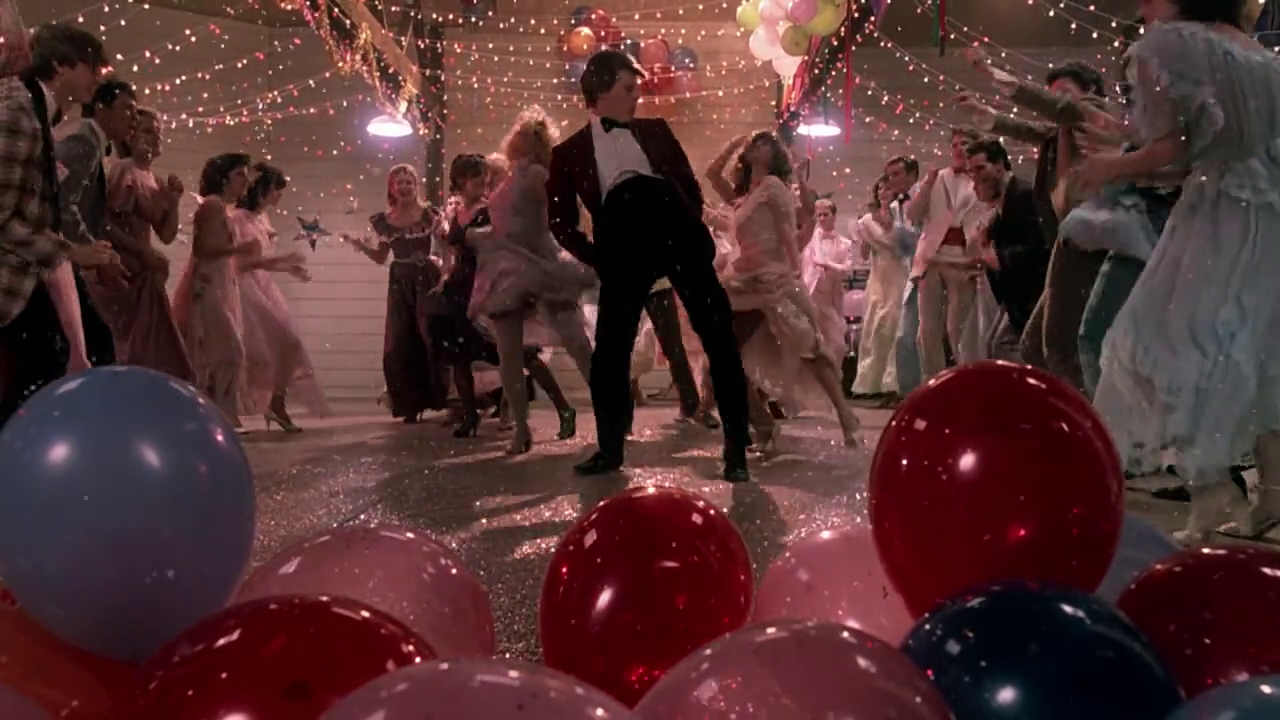Legal Bites: Can Dancing Really Be Banned, Footloose-style?
Q: Can a town ban dancing like in the movie Footloose?

A: A Roseville, California bar owner has recently sued the village for false arrest alleging that he was arrested in 2012 for violating the city’s dance permit ordinance. This begs the question, did Kevin Bacon have a false arrest suit for the Sheriff’s constant harassment in Footloose? (I would have referenced the remake, but honestly, I have no idea who was in it, and even if I did, I’d be distracted trying to connect them with six degrees of separation to Kevin Bacon). The bottom line is yes, some restrictions (though, usually, not the draconian total ban) are in place across the country that limit an establishment’s ability to allow people to boogie down.
Roseville, CA does have a zoning ordinance that states "It is unlawful for any renter, leasee or owner of any premises, or any person acting in the capacity of a manager, employee, or agent thereof, to conduct, permit, encourage, facilitate, or allow a public or private dance without the dance permit required by this chapter. " Roseville Municipal Code 9.040.020. This type of ordinance actually has been upheld as constitutional by the US Supreme Court as rationally related to a legitimate public interest, meaning that if the city of municipality has a good reason, the law will be upheld. Other towns have similar provisions – Footloose, the original movie, was based on Elmore City, OK which banned public dancing within the city limits. Purdy, Missouri is another town that had banned dancing, even for students at a high school prom.
Even some big cities have limitations on dancing. New York City requires establishments to obtain a Cabaret License if they want to allow The typical test used to see if the license is required is three or more people are found dancing at one time in the establishment. The City of Chicago requires some businesses to obtain a Public Place of Amusement license (PPA) for all nightclubs, dance clubs, karaoke, and DJ’s, and these activities usually implicate dancing.
The lesson here is that establishments must check local ordinances, regulations, and laws to make sure that they are complying with the required permits and zoning ordinances, or consult with a legal expert – usually before opening the doors. Or, you can just write a letter to Kevin Bacon and ask that he advocate on your behalf.
Jonathan
Jonathan Boulahanis is an attorney in the Chicago office of Clark Hill PLC and is a leader of the firm’s Food and Beverage team. Since Jonathan can’t cook like his Italian mother and the fast food was going to his hips, he became a self-proclaimed foodie. As an attorney, he has made a commitment to serve the food and beverage industry, no pun intended, by representing restaurants, bars, individuals, and other food and beverage businesses with various legal issues as they arise. You can reach him by sending an email to submissions@shiftgig.com.
LEGAL DISCLAIMER:
The responses provided in this blog are for informational purposes only and not for the purpose of providing legal advice. You should contact an attorney to obtain advice with respect to any particular issue or problem. Use of this blog does not create an attorney-client relationship between Jonathan Boulahanis or Clark Hill PLC and the user.
***This article was posted as part of a question and answer series that Jonathan Boulahanis is conducting with Shiftgig.com. The article, as well as all other articles in the series, can be found at http://www.shiftgig.com/articles.




No comments:
Post a Comment